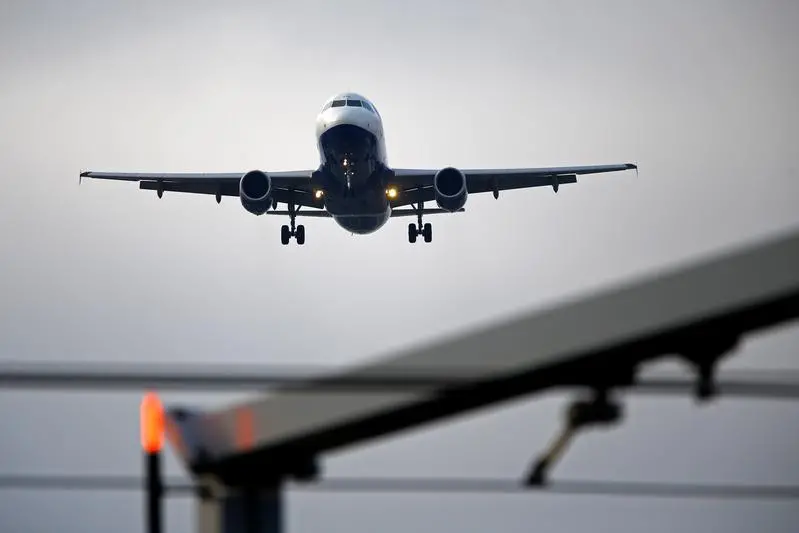PHOTO
The International Air Transport Association (Iata) on Thursday painted a gloomier picture for regional aviation sector by predicting 25 per cent losses for the Middle East and African airlines due to coronavirus outbreak and restrictions on travel movements.
The global aviation body, which represents 290 airlines worldwide, said the Middle East and African airlines will incur $6 billion (Dh22 billion) additional losses in May as Covid-19 severely impacted the flight operations.
Now, total losses amounted to $30 billion in May compared to $24 billion predicted last month. The latest estimates showed that African carriers will lose $6 billion while their Middle Eastern peers will lose $24 billion this year.
Iata has urged governments across the region to speed up their support to the carriers so that they can survive the turbulence time.
In terms of impact on employment on aviation and its related industries, the global airlines' body estimated that 4.3 million job losses across the region as compared to 1.2 million it announced a month ago. While the loss to region's GDP from aviation sector will grow to $94 billion as against $66 billion announced on April 23.
"The aviation industry is essential to jumpstart economies once Covid-19 is brought under control," said Muhammad Al Bakri, regional vice-president for the Middle East and Africa at Iata.
At a weekly update, he said aviation sector has to play a vital role in economic recovery across the globe.
"Without a strong role of aviation sector, it is going to be extremely difficult to recover from the Covid-19 disaster," he said.
He also advised the regulators not to impose heavy charges on airlines when the recovery begins in coming weeks. He said that the support initiatives by the regional governments are taking too long and which are bleeding the airlines further.
"We are starting to see severe negative impact on the carriers and they will need to cut jobs. That is something we are trying to avoid." Iata has been advocating temporary multi-layers biosecurity approach to protect health and safety of passengers and aviation workers. It has a route map for restarting air travel with specific proposals for biosafety procedures and the response has been excellent from the stakeholders.
"There is currently no single measure that could mitigate all the risks of restarting air travel but we believe a globally-consistent, outcome-based approach represents the most effective way of balancing risk mitigation with the need to unlock economies to enable travel," Angela Gittens, director-general at ACI World, said.
Al Baker said the UAE will be among the first countries along with Qatar, Ethiopia and Ghana in the region to test he biosecurity measures agreed by the governments and the global aviation bodies.
These security measures form the main input of Iata using the same biosecurity measures and it is tabling them to governments around the world. Airlines have also issued guidelines which are in principle aligned with Iata's proposals and these plans will become the cornerstone for a global restart plan of aviation sector.
"We are advocating a globally-harmonized strategy which is a must for recovery phase. We should avoid individualism in this regard. However, we also need to respect that there will be certain local peculiarities that we have to respect," said Al Baker.
Copyright © 2020 Khaleej Times. All Rights Reserved. Provided by SyndiGate Media Inc. (Syndigate.info).





















